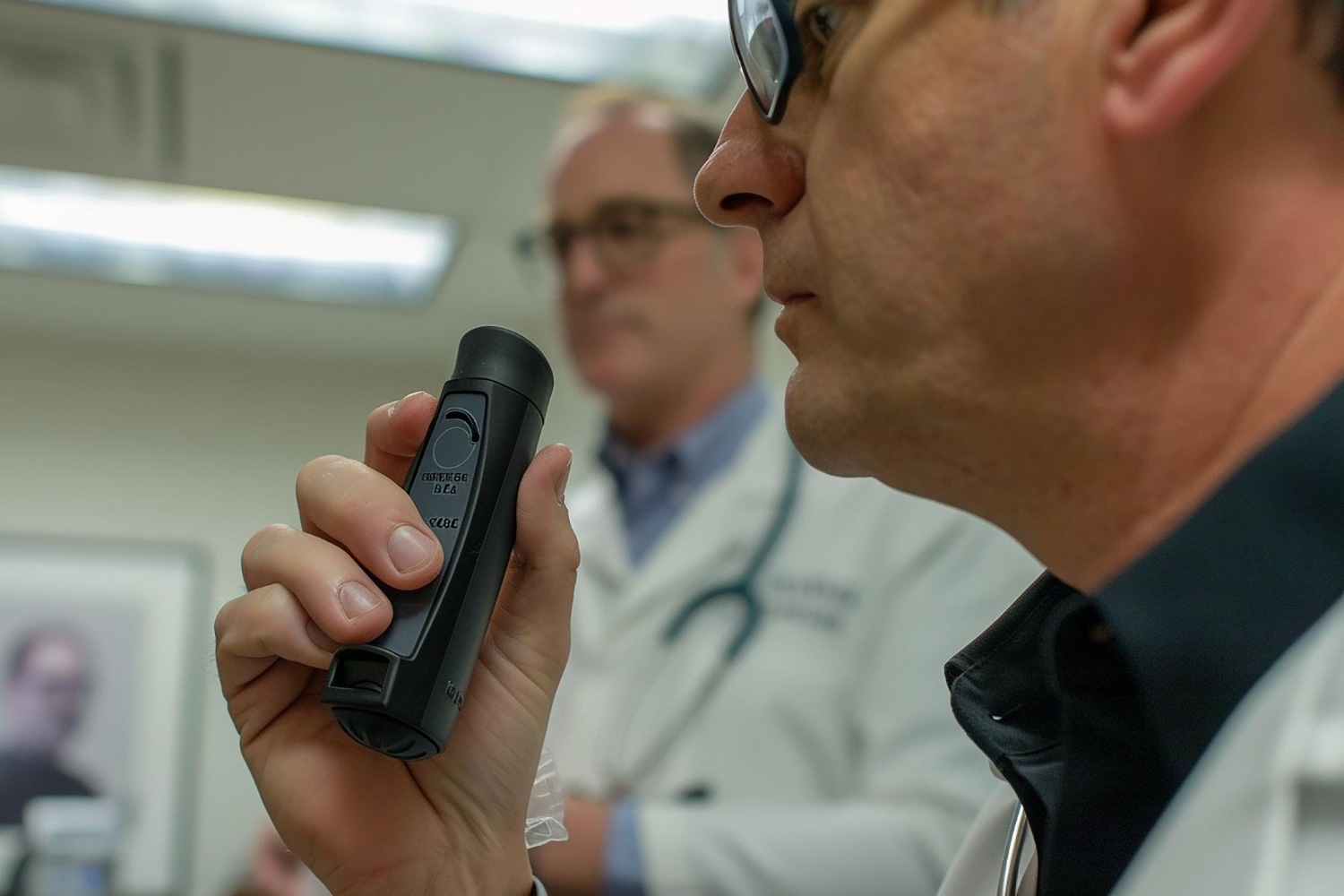
Medical professionals often rely on dictation software to keep up with the steady demands of clinical documentation. With packed schedules and a constant flow of patient information to capture, efficiency isn’t just helpful—it’s necessary. But when your dictation software falls short, especially by missing or misinterpreting technical terms or less common jargon, it chips away at that efficiency. Suddenly, what should be a quick process turns into a frustrating back-and-forth of corrections and rework.
This issue can be more than an inconvenience. Inaccuracies in terminology affect the quality of documentation, which impacts patient records, collaboration among providers, and long-term care planning. Many providers feel let down when their tools don’t keep up with the evolving vocabulary of modern medicine. But tools do exist that are built for real medical language, not just general shorthand.
Dragon Medical One is a solution that helps ease the burden. By focusing on real-time accuracy and smart customization, it helps providers stay productive without sacrificing documentation quality.
Every medical specialty comes with its own terminology. From oncology to orthopedics to cardiology, these terms carry specific meanings that make patient records clear, consistent, and useful. But most general dictation systems don’t recognize those terms properly, if at all.
Here’s what happens when tools miss the mark:
Imagine dictating a quick note about a case of hypertrophic cardiomyopathy and getting back “hyper traffic cardio myopathy.” That error isn’t just annoying—it’s misleading. Multiply that by every case with even slightly advanced vocabulary, and it’s clear how much time and clarity could be lost.
When software can’t keep up with how medical professionals talk, it becomes a barrier instead of a support tool. That’s where specialized tools like Dragon Medical One show their strength.
Dragon Medical One is designed for healthcare environments. It’s tuned for medical conversations, which means it recognizes technical vocabulary across specialties and understands the context clinicians work within. That’s what allows it to stand apart from more generic dictation tools.
Here are key features that improve accuracy and usability:
Combined, these features help providers spend less time editing and more time focusing on patient care. The recognition is fast, smart, and responsive. Because Dragon Medical One understands medical nuance, documentation becomes more natural and less error-prone.
Accuracy is just the beginning. True efficiency comes from pairing accurate recognition with smart customization. Dragon Medical One lets users tailor their documentation environment for the way they like to work, helping to cut repetitive tasks and reduce stress.
Custom features include:
1. Phrase templates: Frequently used blocks of text like discharge instructions or medication lists can be saved and reused.
2. Auto-text: Short commands can pull up entire paragraphs, like “insert asthma action plan,” saving time on repetitive entries.
3. Smart vocabulary updates: Users can add clinic-specific shorthand or new terms to their dictionary on the fly.
4. Cloud-based profiles: Settings and preferences follow users across devices, eliminating gaps or inconsistencies in documentation.
These features make it easier for providers to stay in their workflow mood. Whether switching workstations or documenting in different locations, the experience stays the same. That kind of consistency reduces errors and lets teams work faster without giving up control or personalization
Medical speech recognition continues to evolve. The systems becoming available today are powered by artificial intelligence that improves over time and adapts to individual users. That means the more you use your dictation tool, the smarter and more responsive it becomes.
Some of the improvements to expect include:
– Greater context recognition for improved note accuracy in longer dictations.
– Better response to correction patterns, so the system learns from repeated changes.
– Voice-style adaptation that picks up on how individual providers speak.
– Fast syncing across platforms to support mobile documentation.
Being able to document on the move allows providers to respond to patients more immediately and reduces the friction caused by returning to desks for notes. Modern systems don’t just transcribe—they shape how work fits into a healthcare provider’s routine.
Tech that works flexibly, without forcing behavioral changes, makes a difference. Instead of battling your software, you can rely on it to keep up. That flexibility is key to staying productive in a range of clinical settings.
Having the right dictation tool can truly change how you approach documentation. Missed terms and frequent corrections slow down busy healthcare professionals and add to fatigue. Dragon Medical One helps cut those interruptions by delivering real-time, high-accuracy speech recognition designed specifically for medical use.
With customization features like templates, auto-texts, and expandable vocabularies, providers can shape the tool to match their unique needs. Because settings and preferences live in the cloud, the experience stays smooth and consistent across devices and locations. That means fewer errors, faster note-taking, and a process that fits your style.
Advanced dictation is no longer about just replacing typing. It’s about giving providers back their time, improving record clarity, and making the workday feel less overwhelming. Dragon Medical One is built so your workflow supports your thinking instead of the other way around.
With the right tools at your side, documentation becomes clearer, faster, and less stressful—leaving more energy for what really matters: your patients.
Experience a new level of efficiency in your documentation workflow by incorporating advanced tools into your medical practice. With Dragon Medical One, you’re not just staying up to date with current technology. You’re reshaping how medical dictation is handled to match the pace of your day. Focus more on patient care while we simplify the way you document.